
Multi-year forecasts can predict natural atmospheric CO2 variations
In a new study Aaron Spring and Dr. Tatiana Ilyina, researchers at the Max Planck Institute for Meteorology (MPI-M), were able to show that the…
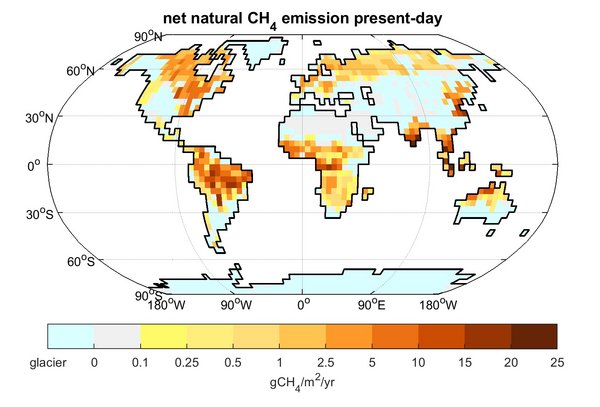
Natural methane emissions – from the glacial to the present
In a new study in Climate of the Past Dr Thomas Kleinen, Uwe Mikolajewicz, and Prof Victor Brovkin, researchers at the Max Planck Institute for…
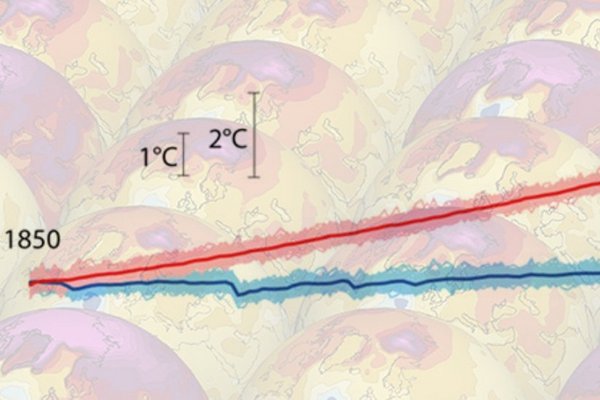
The Max Planck Institute for Meteorology Grand Ensemble – an instrument for studying the internal variability of the climate system
During the last 150 years, the increasing atmospheric concentration of anthropogenic greenhouse gases has been the main driver of climate change.…
A CERN for Climate Change
In a Perspective article appearing in this week's Proceedings of the (USA) National Academy of Science (PNAS), Prof Tim Palmer (University of Oxford,…
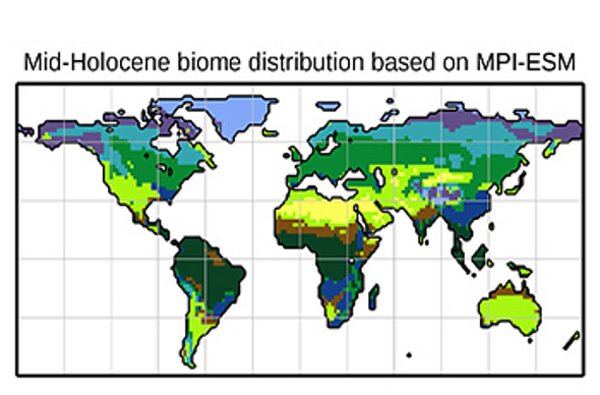
New method for evaluating Earth System Models
In a new study published in Climate of the Past and highlighted by the journal, Anne Dallmeyer, Victor Brovkin and Martin Claussen from the…
Increased AMOC slowdown in high-resolution models
Scientists from the department "The Ocean in the Earth System" at the Max Planck Institute for Meteorology (MPI-M) have shown in the Journal of…
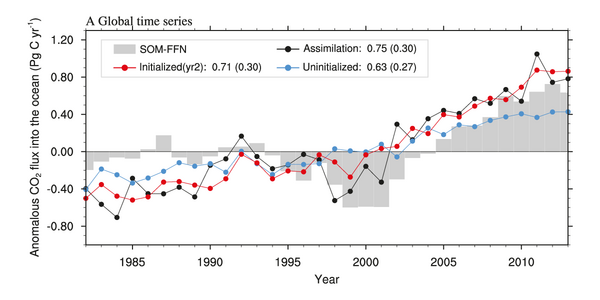
Predicting the variable CO2 uptake by the ocean
The ocean CO2 uptake is predictable for two years in advance, according to new paper in Science Advances by Dr Hongmei Li, Dr Tatiana Ilyina, Dr…
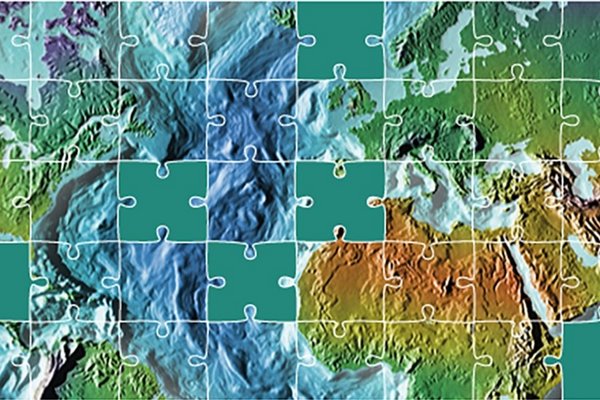
Conceptual modeling at MPI-M
The Max Planck Institute for Meteorology (MPI-M) develops complex Earth system and climate models. To investigate and understand processes, the…
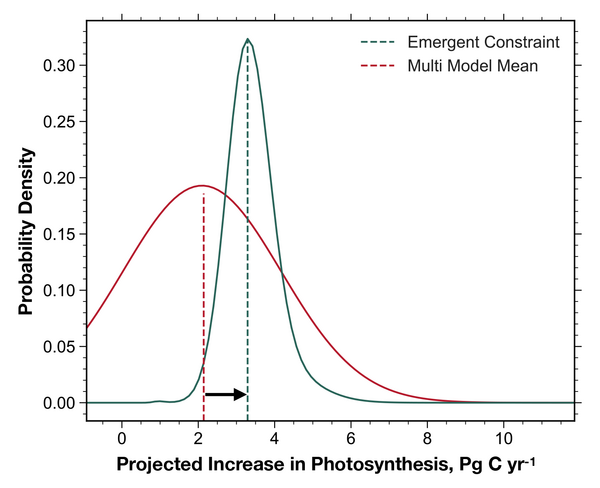
Rising CO2 has unforeseen strong impact on Arctic plant productivity
In a new study, a team of researchers around Alexander Winkler and Prof Victor Brovkin from the department “The Land in the Earth system” at the Max…
![[Translate to English:] [Translate to English:]](/fileadmin/_processed_/a/4/csm_Screenshot_Miklip_a6cebeb932.png)
MiKlip publishes the decadal climate forecasts for 2019–2028 including the annual forecast for 2019
The MiKlip project, led by Prof Jochem Marotzke and coordinated by Dr Sebastian Hettrich at the Max Planck Institute for Meteorology, has made its…

New study: What would happen to the climate system if Earth turned the other way around?
To further improve our fundamental understanding of the effects of the topography and rotation on the climate, a team of scientists performed and…
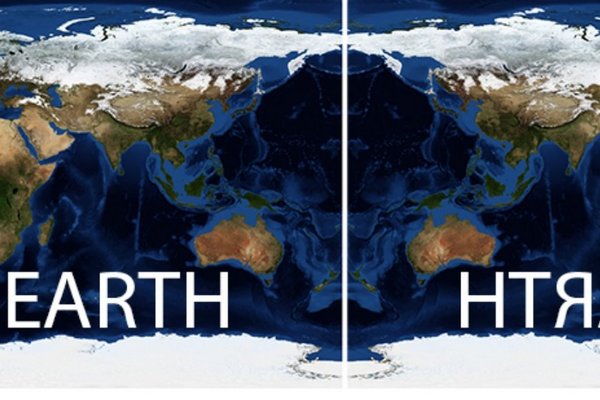
Project Retrograde — imagine Earth rotated in the opposite direction
The rotation of Earth shapes our climate system in various ways: It controls the major wind directions, lets the weather systems swirl, and, together…
